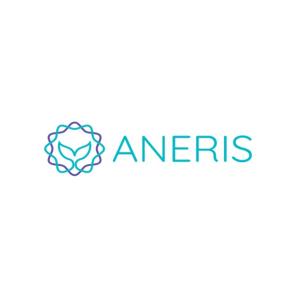 \
&
Contact us
\
&
Contact us
 \
&
Contact us
\
&
Contact us
The partnership aims to accelerate the development and deployment of innovative technologies, especially in the fields of digitalisation and automation. The vision of EU-Rail is to deliver, via an integrated system approach, a high capacity, flexible, multi-modal and reliable integrated European railway network by eliminating barriers to interoperability and providing solutions for European citizens and cargo. It consists of three research and innovation pillars:
Contact
The Belgian representative in steering group of Europe's Rail Karen Roofthoofd (FOD Mobiliteit) +32 2 277 45 50
Partnerships group the EC and private and/or public partners, to coordinate and streamline the research & innovation initiatives and funding in some selected key domains.

pascal.verheye@vlaio.be

Funded under Horizon Europe (HORIZON-INFRA-2022-TECH-01) and running from 2023 to 2026, the ANERIS project aims to tackle the rapid loss of ocean biodiversity. The project’s main objective is to develop, test and implement the next generation of scientific instrumentation tools and methods for sensing and monitoring marine-life. Another key concept of the project is the introduction of the concept of Operational Marine Biology (OMB) as a biodiversity information system. The project consortium consists of 25 partners from 13 countries. Read more about the project and the contribution of Flemish partner VLIZ in this testimonial.